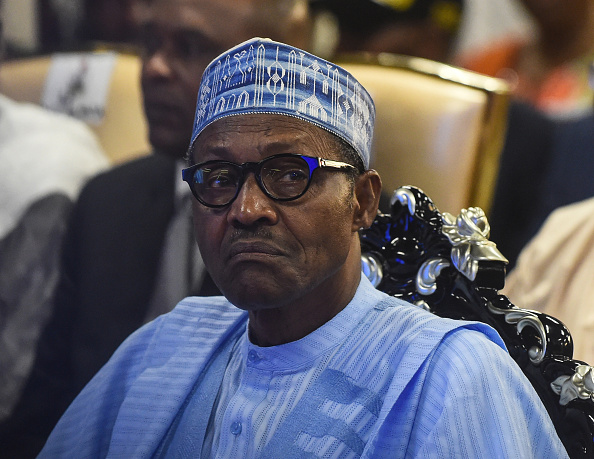
Nigeria plans to curb spending on food imports

Nigeria’s President Muhammadu Buhari has told the central bank to stop providing funding for food imports, his spokesman said in a statement on Tuesday, a move that has raised questions about the bank’s independence.
Since Buhari first took office in 2015, Nigeria’s central bank has presided over policies aimed at stimulating growth in the agricultural sector to reduce dependence on oil. Those policies included a 2015 ban on access to foreign exchange for 41 items that the bank felt could be produced in Nigeria.
“President Muhammadu Buhari … disclosed that he has directed the Central Bank of Nigeria (CBN) to stop providing foreign exchange for importation of food into the country,” Tuesday’s statement said.
“Don’t give a cent to anybody to import food into the country,” Buhari said, according to the statement, which said that the call was in line with efforts to bring about a “steady improvement in agricultural production, and attainment of full food security”.
The latest move comes only weeks after Central Bank Governor Godwin Emefiele in July said the bank would ban access to foreign exchange to import milk.
Tuesday’s statement prompted many observers to point to the central bank’s status as an independent body.
Bismarck Rewane, an economist and the head of Lagos-based consultancy Financial Derivatives, also said the bank was supposed to be independent.
Rewane said a curb on foreign exchange for food imports could backfire after Buhari last month signed up to the African Continental Free Trade Agreement (AfCFTA). That deal seeks to create a continent-wide free trade zone where tariffs on most goods would be eliminated.
“At this point in time these rules will be manipulated in the interest of smugglers and their accomplices,” said Rewane.
Import controls on rice, imposed even as local farmers fail to meet demand, have kept prices artificially high and led to smuggling from neighbouring Benin into Nigeria.






